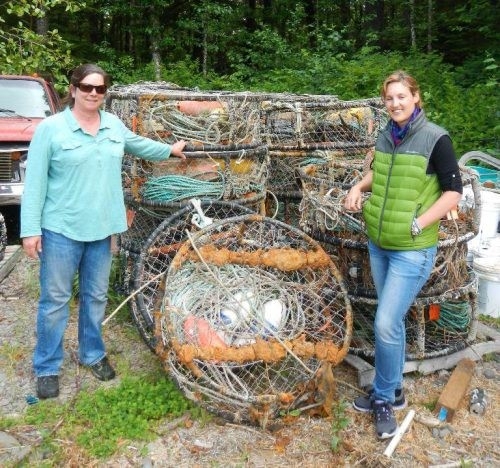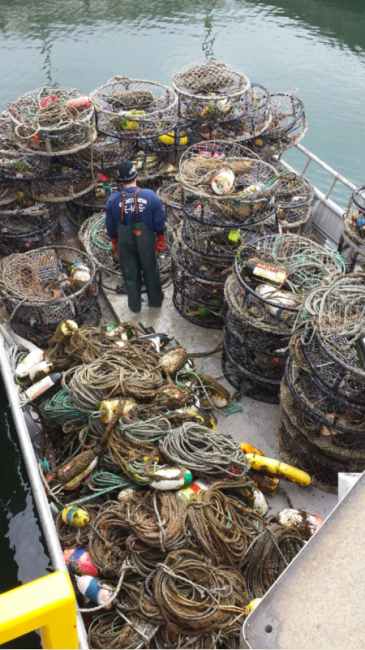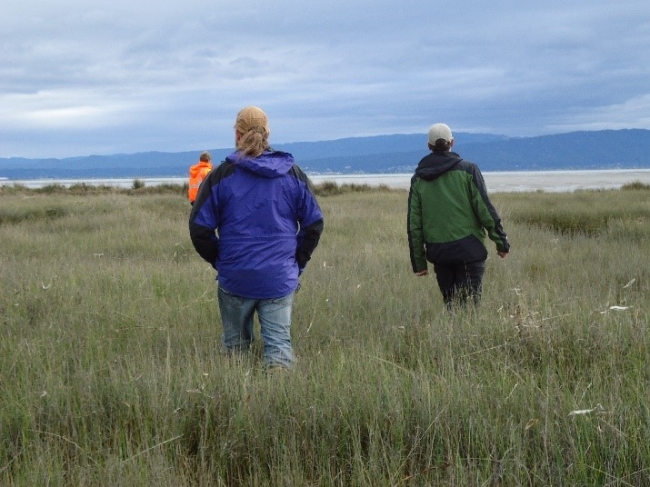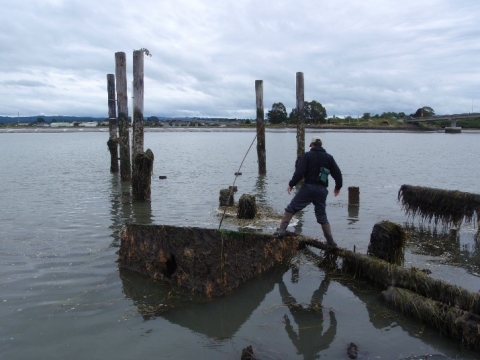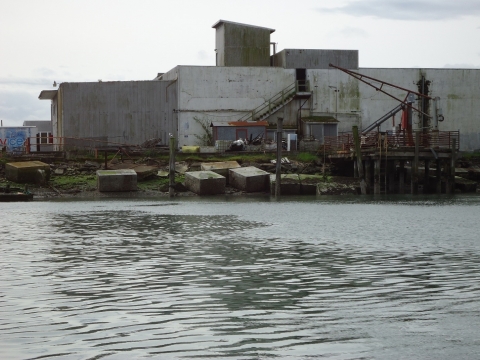In celebration of National Native American Heritage Month, the NOAA Office of Response and Restoration’s Marine Debris Program and Assessment and Restoration Division are highlighting collaboration with native communities, nations, and peoples.
Many native communities in the Western United States are tied to the ocean, depending on its resources for economic well-being and cultural identity. The NOAA Marine Debris Program (MDP) is proud to have worked with native communities on the West Coast to protect these resources by preventing and removing marine debris.
In Washington, many native communities have worked to remove derelict fishing gear from highly productive fishing habitat. In partnership with Natural Resources Consultants, Inc., the Stillaguamish Tribe of Indians led a project to survey for and remove derelict crab pots from Port Susan Bay in the Puget Sound. Beginning in 2003, Tribe divers identified and removed over 500 pots from the Bay.
In 2011-2013, the Quinault Indian Nation removed lost nets from the Quinault and Chehalis rivers, and currently the Quinault Indian Nation and Quileute Indian Tribes are partnering with the Nature Conservancy to survey for and remove derelict crab pots in their tribal fishing grounds on Washington’s Olympic Coast. So far, over 1,000 pots have been removed. As this effort moves forward, the Quileute Department of Natural Resources and the Quinault Department of Fisheries are also working with the tribal fishing community to develop a reporting and recovery system, which will offer an avenue for tribal communities to prevent future impacts from derelict fishing gear.

Unfortunately, derelict fishing gear is not the only marine debris impacting coastal Washington and native communities. Abandoned and derelict vessels can obstruct navigational channels and impact sensitive habitats. In order to prevent these impacts and protect tribal waters, the Makah Indian Tribe is working to remove three abandoned and derelict vessels from the Neah Bay Marina. By removing these vessels, the Makah are preventing additional environmental impacts in waters that the Makah rely on for subsistence, as well as cultural and spiritual connection.
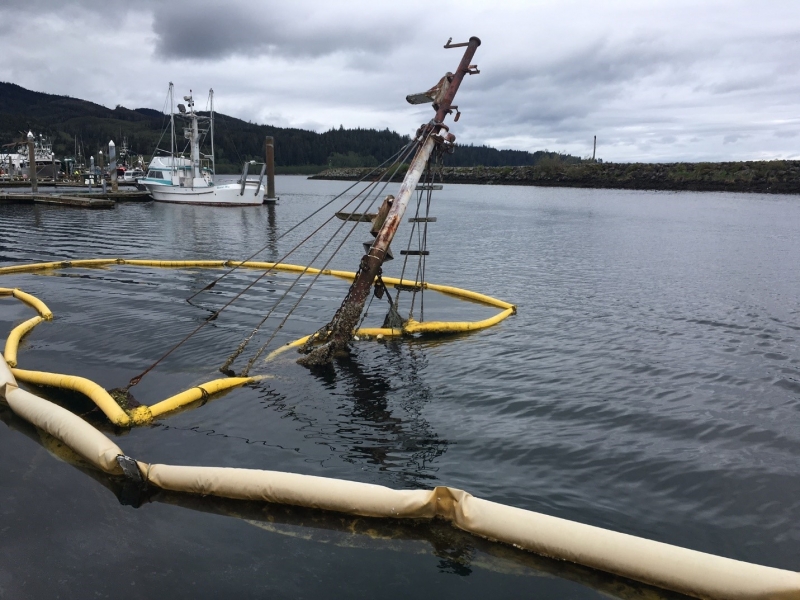
Debris found in native communities’ land and tribal waters can come from outside sources beyond the community’s control. This is especially the case for the Wiyot Tribe, which led a major marine debris removal effort on Indian Island in Humboldt Bay, Northern California. In February 1860, up to 200 of the Wiyot were massacred by settlers that rowed in from Eureka, California. Following the massacre, this sacred ground was used as a boat repair facility, contaminating the land and surrounding waters with industrial waste for 100 years. After purchasing back 1.5 acres of the island in 2000 and with support from the MDP, the Wiyot removed over ten tons of debris, including steel rails, creosote-treated pilings, cables, and 30 concrete and plastic foam floats.
Due to their knowledge, experience, and connection to the ocean, the MDP seeks the voices of native communities in marine debris action planning. The Confederated Tribes of Coos, Lower Umpqua and Siuslaw Indians of Oregon participated in the creation of the Oregon Marine Debris Action Plan, and the MDP hopes to see significant tribal participation in the creation of a similar action plan for Washington.
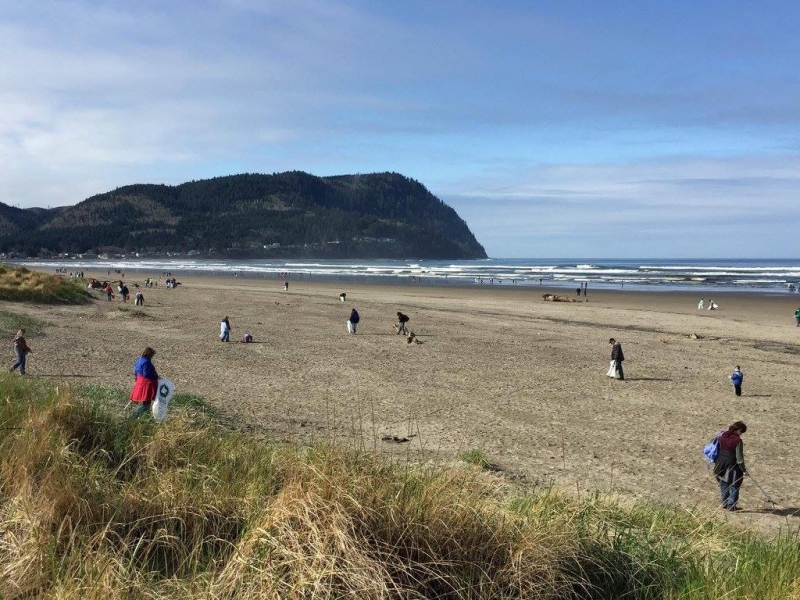
Keep your eye on our blog and the Office of Response and Restoration blog throughout the week for more on our critical partnerships with native communities.

